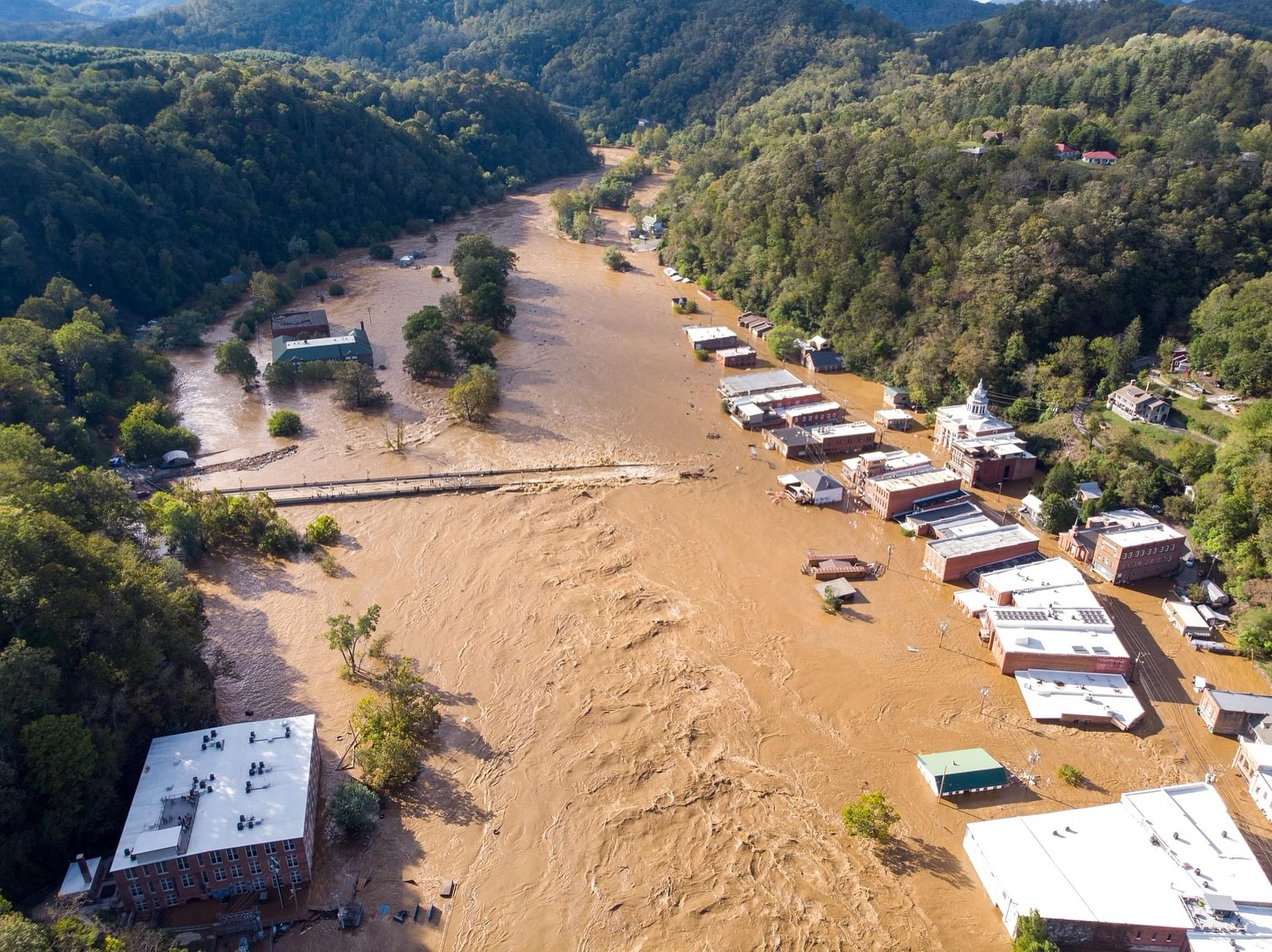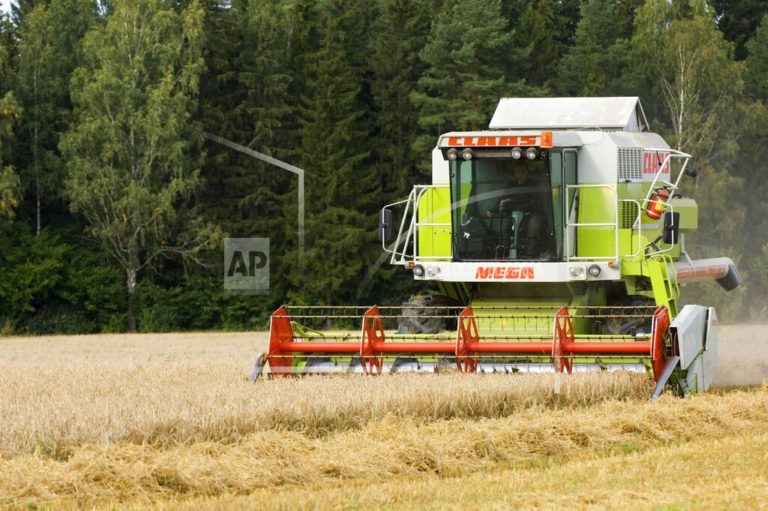
Florida’s recent Hurricane Helene has devastated the agricultural industry in western North Carolina. In particular, local farmers are facing more of the brunt of the natural disaster compared to industrial farmers.
Not only did Hurricane Helene cause billions of dollars in damages throughout parts of Florida, but it also delivered enormous amounts of rain to areas of western North Carolina on Sept. 27, 2024, leading to catastrophic flash flooding. North Carolina is the leading producer of poultry, tobacco, and hog farming in the United States, generating $92 billion dollars and playing a significant role in both the state and national economy. The flooding has negatively impacted the local population as well as big industries; however, local farmers are finding turnover more difficult as they attempt to recover from the disaster.
Local farmers will take a longer time to replenish the crops they lost and continue production than industrial farms without the financial resilience industrial farms have to recover from the crops damaged and lost in the flood. A major reason for this is that local farmers cannot rely on costly investments in machinery and equipment to create more efficient crop rotation.
Traditional farmers are sometimes known as sustainable farmers, as their methods of farming are commonly more environmentally friendly. Locally grown produce tends to be treated with less synthetic pesticides and fertilizers. It is also more costly to continuously have to purchase pesticides, so local farmers turn to more organic and inexpensive methods of getting rid of weeds and insects on crops. For this, many local farmers in North Carolina cannot rely on chemicals, like industrial farms do, making it difficult for them to produce more on less land in a shorter period of time.
Additionally, they do not have the same amount of insurance coverage as larger agricultural enterprises due to local farmers typically having to deal with more budget constraints. Local farmers in North Carolina would face greater financial burdens if they were to get on premium insurance plans, so unexpected natural disasters like the flood leave them in a very financially vulnerable position. Certain insurance plans are also unavailable to local farmers since they are targeted toward industrial farming. For this, local farmers in North Carolina have less financial support and recovery, leaving them worse off than industrial farms after natural disasters.
Further, it is harder for local farmers to receive aid from the government. The government focuses on industrial farmers as it depends on them to contribute large sums of money into the economy. The US government gives out billions of dollars in subsidies annually to industrial farms, while sustainable farming will take a longer and more tedious time to return to production and receive an income further affecting their livelihoods.
After a natural disaster like the North Carolina floods, local farmers are left financially vulnerable and do not have the same level of infrastructure factory farms have to get back on their feet. They do not have the funds to hire a large workforce to help them repair the damage the flood brought in and restart their farming process, or the support industrial farms have from the government to recover quickly from the flood.
Sustainable farming is vital to maintaining the environment, local community, as well as local economies. Local farmers require more recognition for their contributions, therefore, should be given resources to help them reconstruct their farms and continue to get back to their work in a more timely manner. To help alleviate some of the financial burden that results from uncontrolled events, the government must implement policies that support local farmers by giving them grants and low-interest loans, helping them rebuild.
Currently, Vice President and 2024 presidential candidate Kamala Harris is trying to appeal to rural voters in battleground states, including North Carolina, as polls have indicated their stronger interest in Trump. The Harris campaign intends to provide aid to small-scale farmers in order to help them compete against industrial farming. The policies in the program consist of providing farmers with more access to resources such as credit, land space, and markets. Additionally, Harris has proposed to open new markets for local farmers to participate in, giving them more opportunity in the industry.
Government policies like these would provide more support to the local farmers in North Carolina and local farmers in general. By giving local farmers more resources, they will have a greater chance at competing against larger operations and be able to make a quicker turnaround after natural disasters, allowing them to continue providing tasty, nutrient-rich food to their communities and help combat more global-scale environmental issues. Local agriculture is a vital asset to our communities, so it’s important for us to support policies that help improve conditions for local farmers. With more sustainable and productive farming methods, future generations can further support efforts such as regenerative agriculture to keep the world green and communities fed.
The Zeitgeist aims to publish ideas worth discussing. The views presented are solely those of the writer and do not necessarily reflect the views of the editorial board.



